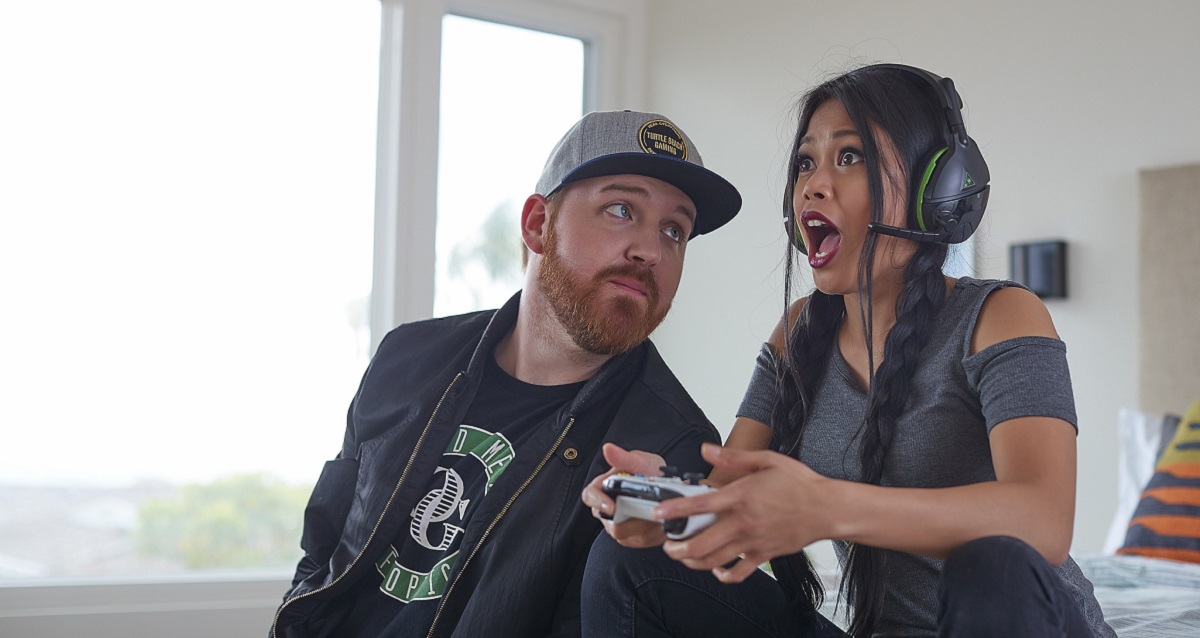If you’ve been playing online games or doing a lot of Zoom calls during the pandemic, chances are you’ll need a good headset. And these aren’t easy to find as you may think.
And that’s the opportunity at hand for Turtle Beach, the San Diego, California-based maker of gaming accessories such as headsets, mice, keyboards, and other peripherals.

Unlock premium content and VIP community perks with GB M A X!
Join now to enjoy our free and premium membership perks.
![]()

![]()